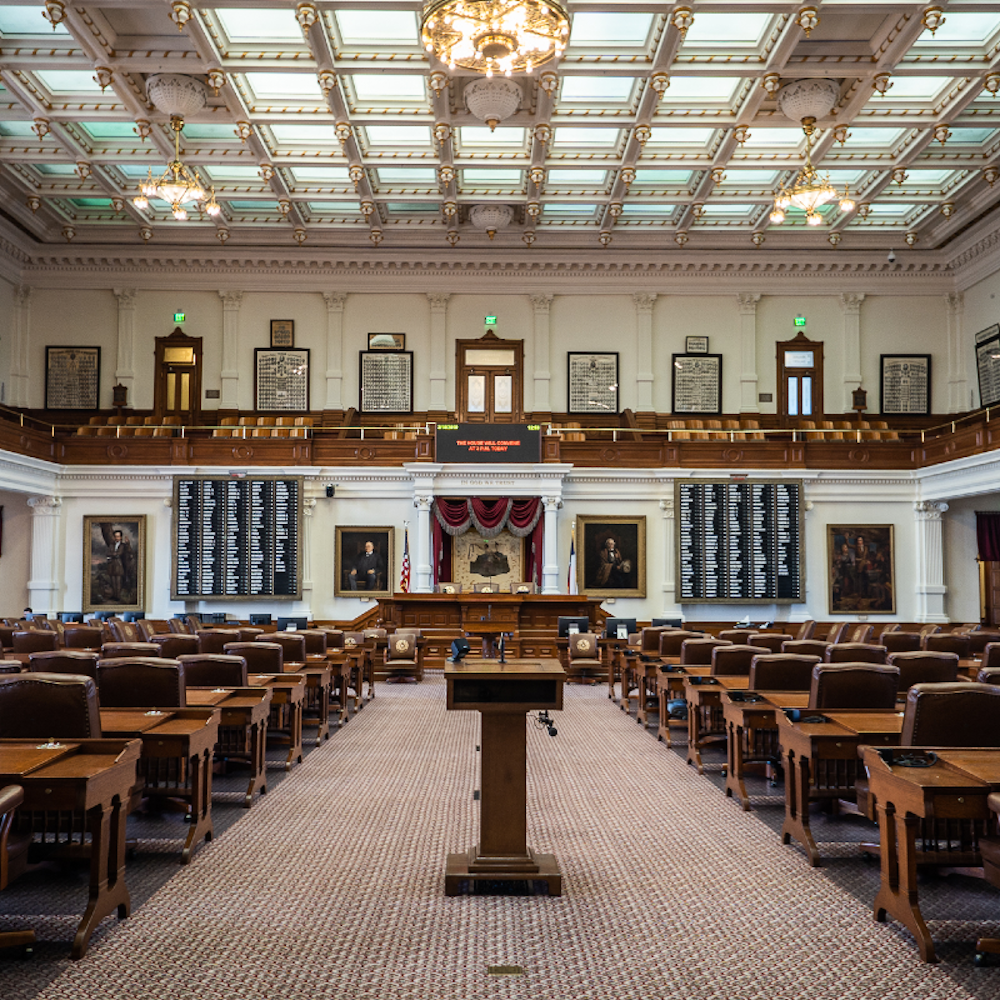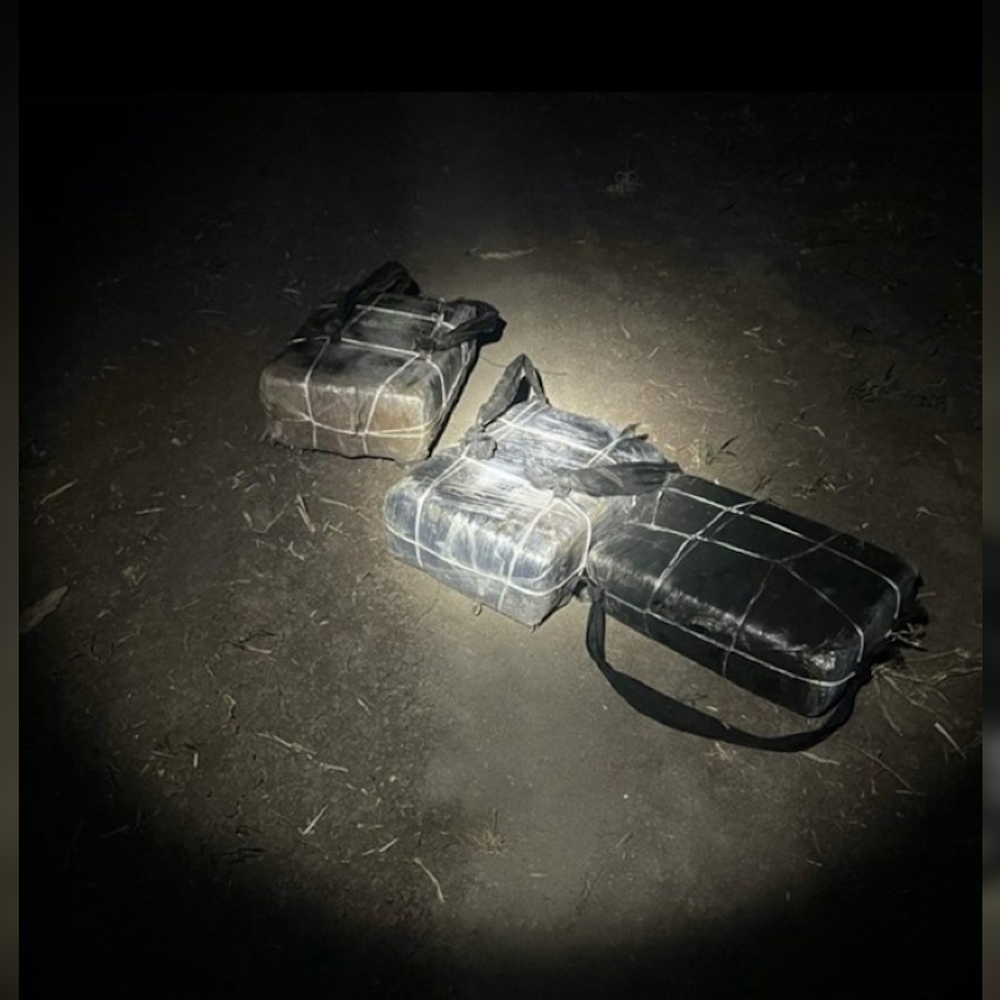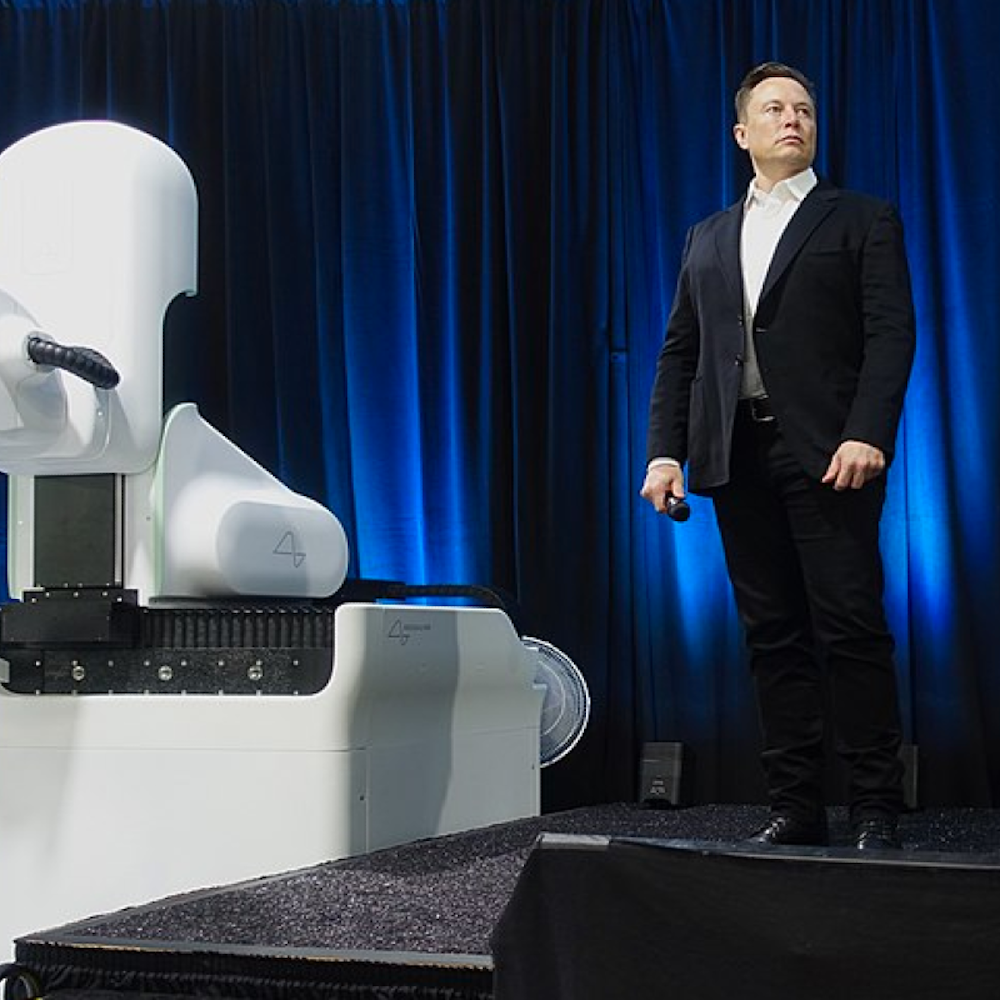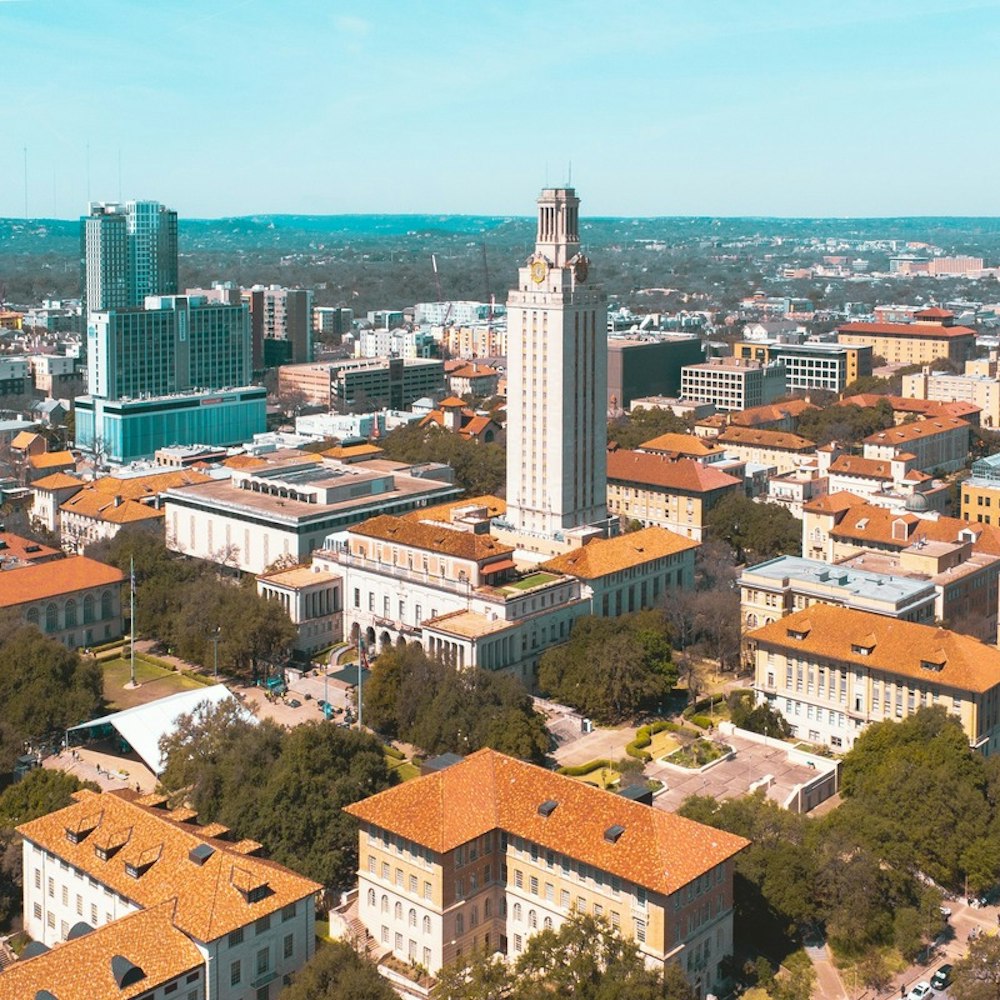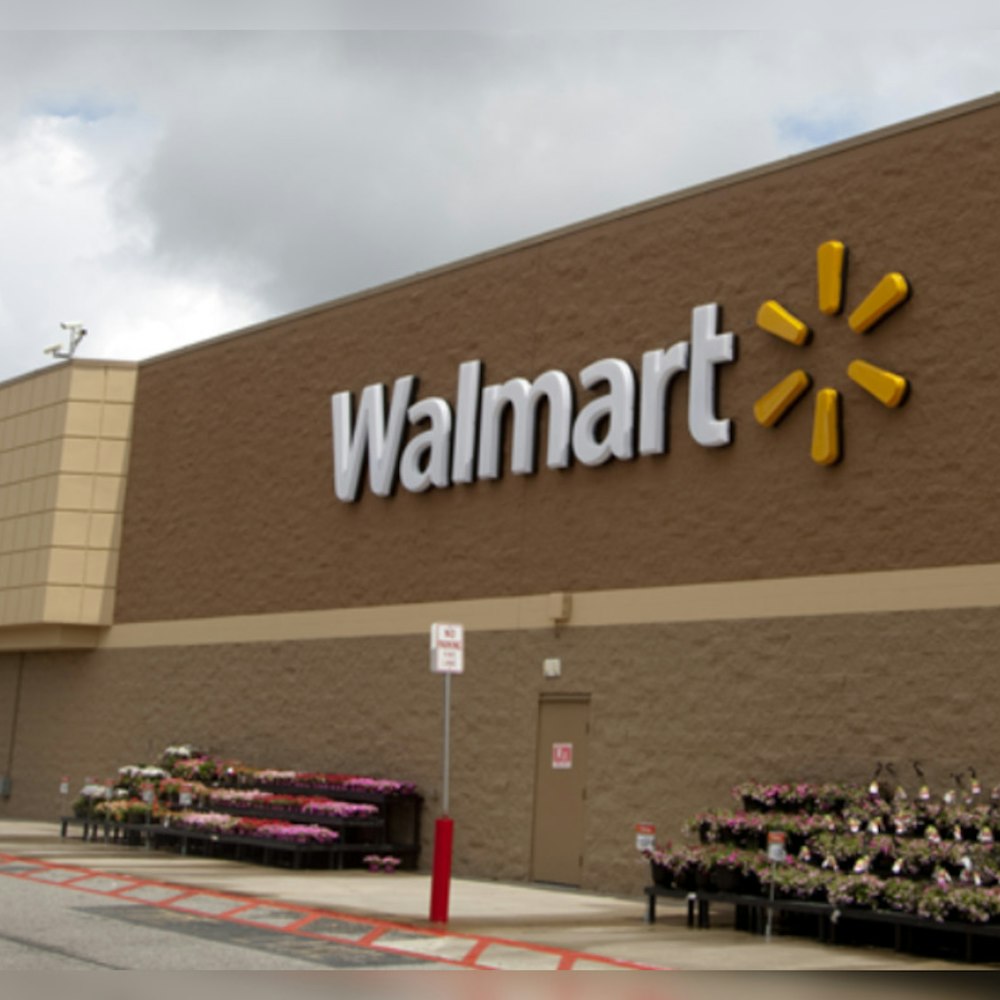.webp?max-h=442&w=760&fit=crop&crop=faces,center)
The proposed $25 billion merger between Kroger and Albertsons has hit a snag as the Federal Trade Commission (FTC) moved to block the deal, citing concerns over surging grocery costs and potential adverse effects on consumers. As FOX 4 reports, the FTC alleges the merger would reduce competition and lead to increased prices for essential items such as milk, bread, and eggs.
In a lawsuit filed Monday, the agency, along with a cohort of US states, suggested that the merger would only exacerbate the financial strain faced by consumers who are already grappling with a four-year 25% spike in food costs. Despite the FTC's assertion, Kroger has hit back, stating, "Contrary to the FTC's statements, blocking Kroger's merger with Albertsons Companies will actually harm the very people the FTC purports to serve: America's consumers and workers," in a statement acquired by BBC.
While the firms are determined to defend the deal and have offered to divest over 400 stores to assuage monopoly concerns—26 in Texas alone—the FTC has criticized the disposals as insufficient. Adding to the discourse, SMU Economist Mike Davis told FOX 4 that the prospect of cost savings through consolidation is a point Kroger will likely raise in defense of the merger, but expressed skepticism over whether the challenge will reach court.
A dominating topic in the current economic climate, surging food prices continue to be a key political pressure point, and the Biden administration's FTC has adopted a notably skeptical stance on industry mergers. Asserting the move to block the supermarket merger, Stacy Mitchell, of the anti-monopoly watchdog the Institute for Local Self-Reliance, cheered the FTC's decision. "This decision shows that the FTC understands how the outsized power of big retailers is damaging the entire food system," she praised the FTC's initiative, as quoted by BBC.
On a broader scale, the proposed union of Kroger and Albertsons would create a retail behemoth, boasting nearly 5,000 stores across 48 states served by approximately 700,000 employees. But the concerns highlighted by Douglas Farrar of the FTC to FOX 4 underline a targeted focus on safeguarding the consumer market from the concentration of power, he explained, "Americans are paying very high costs for groceries... And if this merger goes through, the FTC believes that prices for those groceries will go up."
The outcome of this contentious merger remains uncertain, with both Kroger and Albertsons ready to litigate the FTC's objections in court, as leveling the playing field with non-unionized behemoths like Walmart, Costco, and Amazon hangs in the balance—a narrative that will continue to unfold as legal proceedings develop.
